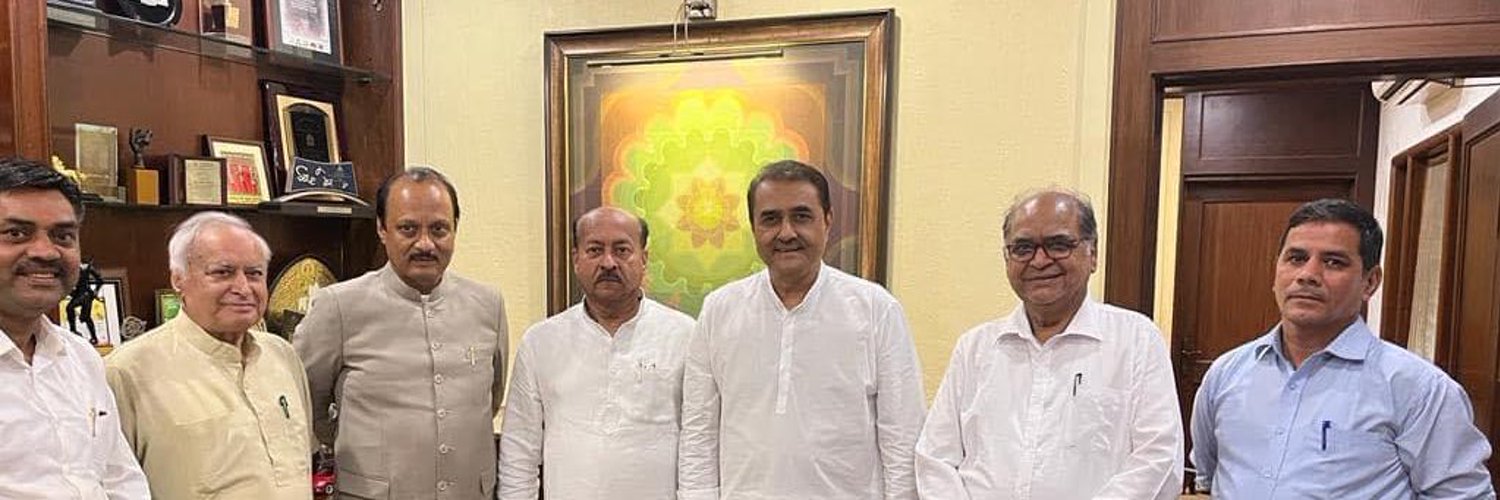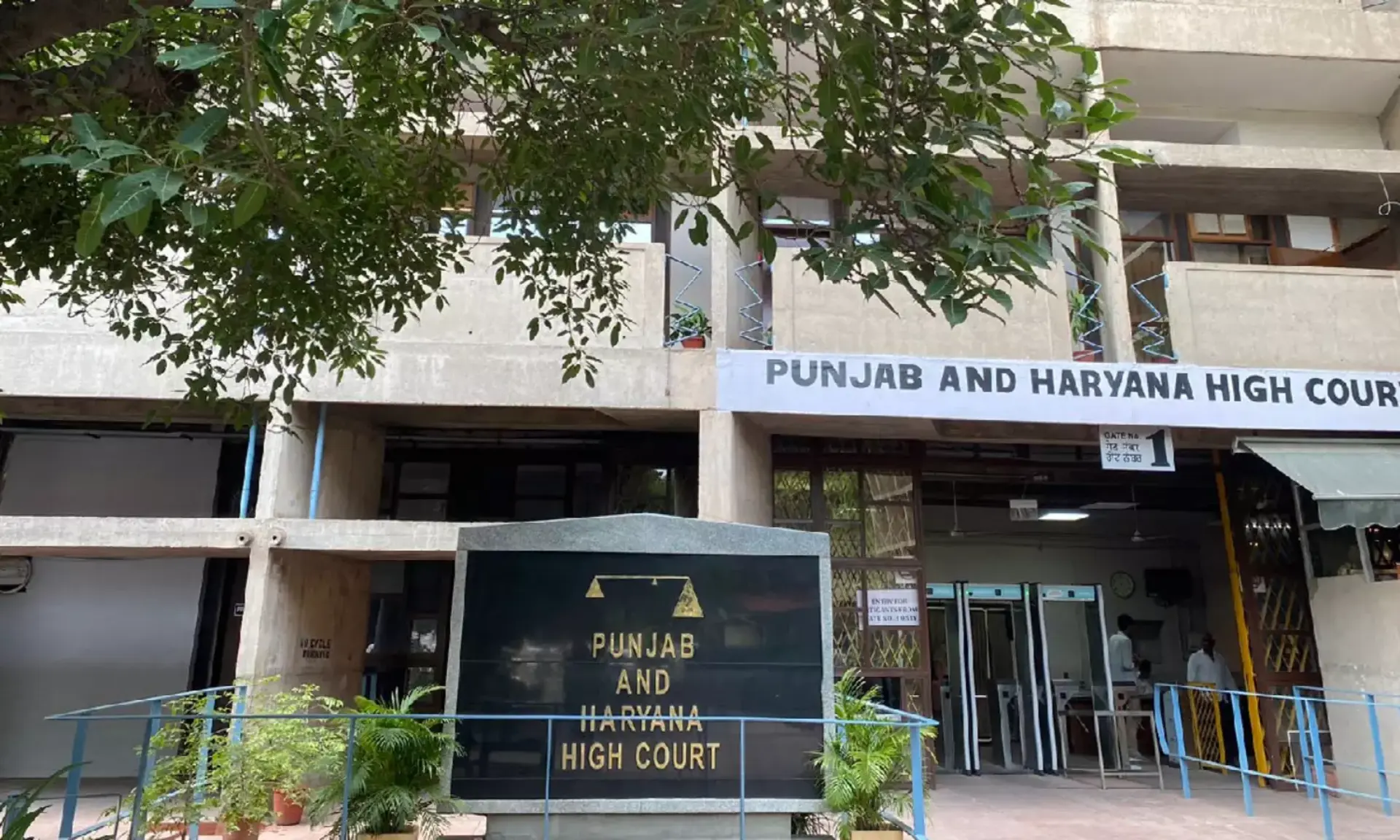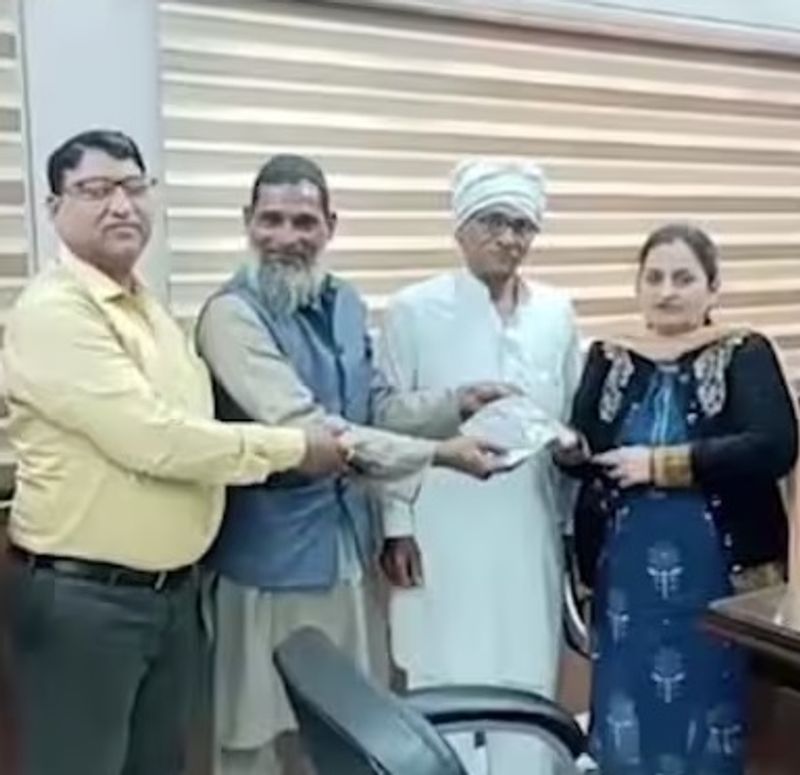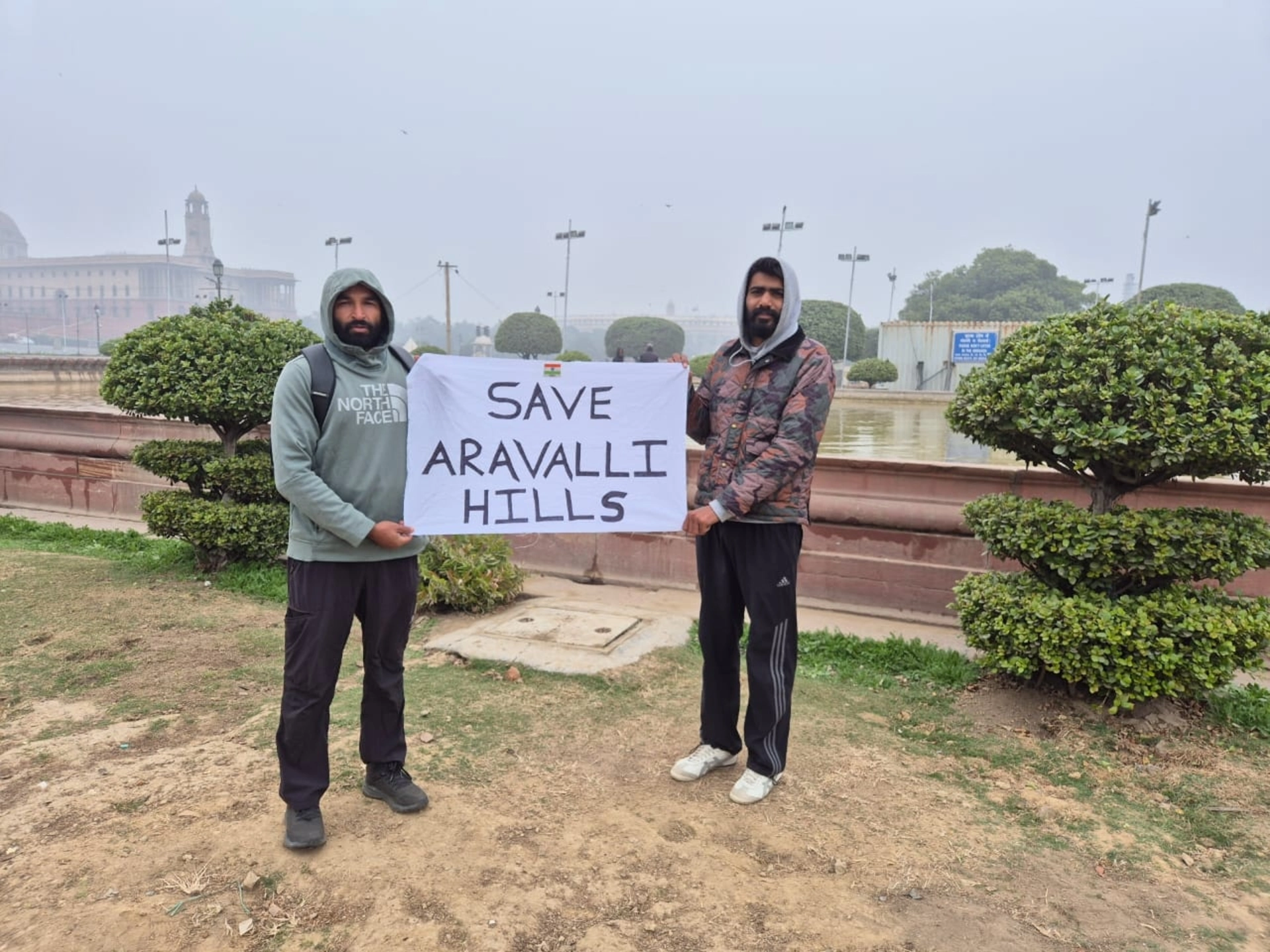
Brijmohan Shrivastav (middle) with other NCP leaders. Image: X, formerly Twitter.
Sumit Kaushik for THS discusses electoral developments in Haryana, approaches to handling regional politics in the state, the ongoing Lok Sabha elections in the country, and how India's global perception will be perceived following the recent elections with Brijmohan Shrivastav, National General Secretary and Chief National Spokesperson of the Nationalist Congress Party.
- What factors do you believe have contributed to the ongoing fiasco in Haryana politics?
Haryana has witnessed frequent changes in government and leadership, leading to instability and uncertainty in governance.
Weak implementation of policies and a lack of accountability in governance have exacerbated the situation.
Haryana experiences coalition governments, which always lead to challenges in decision- making and coordination.
Allegations of corruption and unethical practices among politicians and officials have eroded public trust.
Caste-based politics and regional aspirations play a significant role in the Haryana government fiasco.
Disparities in development and infrastructure among different regions within Haryana have fueled grievances and discontent among the populace.
Intra-party and intra-coalition conflicts, along with power struggles within alliance parties and leaders in Haryana, cause weakened governance. - What do you think is the ideal approach to address regional politics in Haryana?
Addressing regional politics in Haryana requires a multifaceted approach that considers the diverse needs and aspirations of different communities while promoting unity and inclusivity. Here's an ideal approach:
a. Empowerment through development without disparity.
b. Promote dialogue and reconciliation by facilitating and encouraging political leaders to engage in inclusive decision-making processes that consider the interests of all communities.
c. Implement initiatives that foster social cohesion and unity among diverse communities in Haryana.
d. Ensure transparency and accountability in governance to build trust among the populace. Implement measures to combat corruption.
e. Strengthen local governance structures and empower grassroots institutions to address the unique needs of each region.
f. Promote education and awareness initiatives that emphasise the importance of unity and cooperation among different communities.
g. Political leaders should lead by example and demonstrate a commitment to inclusive governance and unity. Encourage leaders to transcend narrow political interests and work towards the collective welfare of all communities in Haryana. - How do you anticipate the ongoing general Lok Sabha elections shaping the political landscape of the country?
The ongoing 2024 Lok Sabha elections are poised to significantly shape India's political landscape. Several key factors will influence the outcome: The ruling Bharatiya Janata Party (BJP) is banking on Prime Minister Narendra Modi's popularity, its robust organisational structure, and the implementation of welfare schemes to retain power. However, the party faces challenges in some states on local issues. The opposition INDIA bloc, comprising parties like Congress and DMK, aims to present a united front against the BJP. However, they fail to provide a common issue for the voters, and the bloc faces internal discord in states like West Bengal. Voter turnout in the initial phases has been slightly lower compared to 2019, raising concerns for both the BJP and the opposition. The electoral outcomes in key states like Uttar Pradesh, which sends the most MPs, will be crucial in determining the next government. The BJP's dominance in the Hindi heartland is being challenged by the opposition, but local issues and recent controversies of the INDIA bloc are giving strength to the NDA. Ultimately, the 2024 elections will test the BJP or NDA's ability to retain power and the opposition's resolve to mount a credible challenge. The results will shape India's governance trajectory and the country's political landscape for years to come, and the NDA will play an important role in the country. - In your opinion, how will India's global perception be perceived following the recent elections?
India's global perception following the 2024 elections will likely be shaped by several key factors:
The election result of a stable government with a clear mandate could enhance India's image as a reliable and resilient democracy, reassuring global investors and partners.
The outcome of the elections and the resulting government will be closely watched by the international community. A victory for the BJP and Prime Minister Modi would signal a continuation of India's current foreign policy, strengthening ties with the West and Gulf countries, and asserting India's role in the Indo-Pacific.
India's handling of regional tensions, particularly with China, will also impact its global standing.
The NDA-3 government's approach to issues like climate change and renewable energy will also be examined by the international community.
The new government's policies and priorities will play a significant role in shaping India's global perception. Emphasis on economic reforms, social development, and international cooperation could bolster India's standing on the global stage.
India's economic performance post-elections will be closely watched by the international community. Sustained growth, fiscal discipline, and reforms to boost investment and employment could enhance India's image as a vibrant economic powerhouse.
The ability of the government to manage internal challenges, promote social cohesion, and uphold democratic principles will impact India's global reputation.
India's advancements in innovation, technology, and entrepreneurship will also shape its global image. Overall, India's global perception following the recent elections will depend on the government's actions and policies in the coming months and years. A focus on stability, growth, inclusivity, and global engagement is crucial for maintaining and enhancing India's position as a respected global player. Ultimately, India's global perception will depend on a combination of political, strategic, and economic factors. The elections will set the stage for the country's trajectory over the next five years, which will, in turn, shape how India is viewed on the world stage.
related

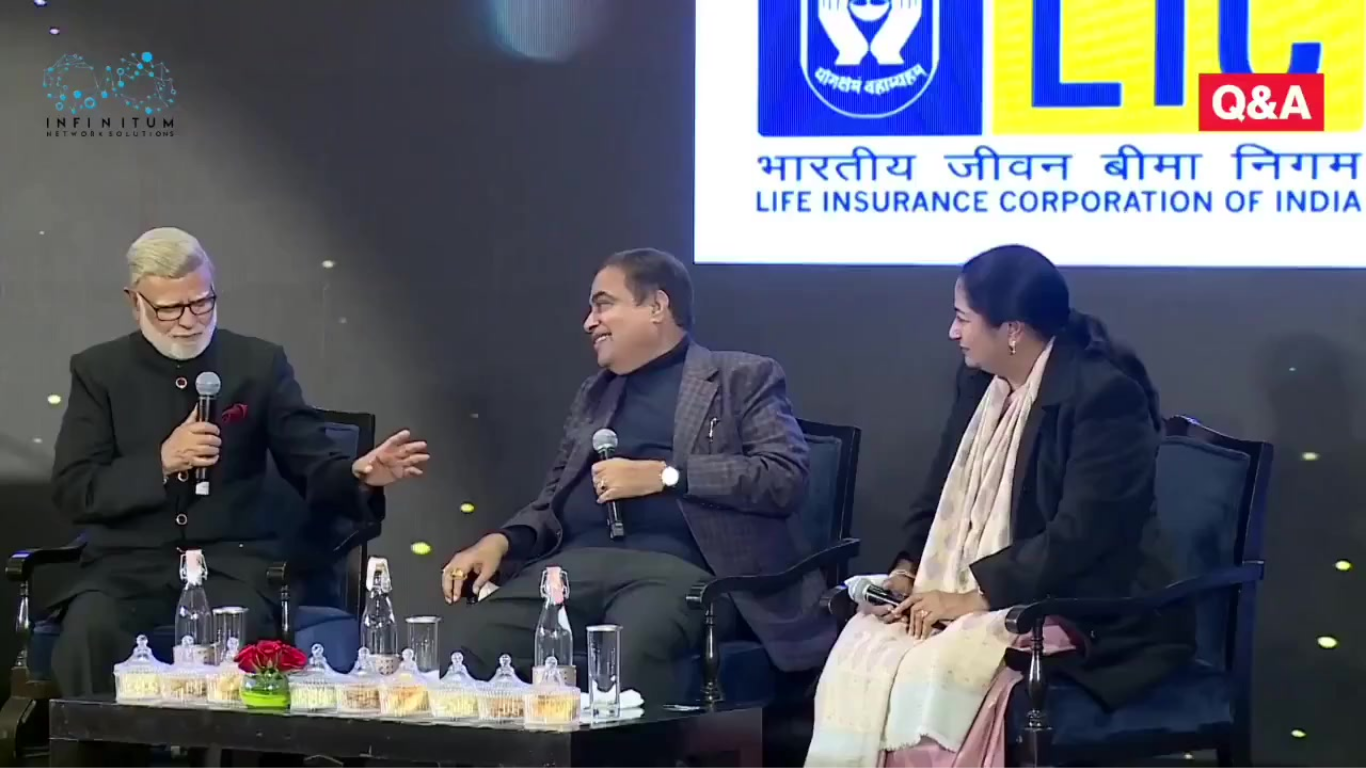
₹60,000 Crore Spent, But Gurugram Still Choked: Gadkari Deflects Infrastructure Question With Auto Industry Pitch

Laying the Strongest Foundation Education Reform Language Empowerment and India’s Path to AI Sovereignty




